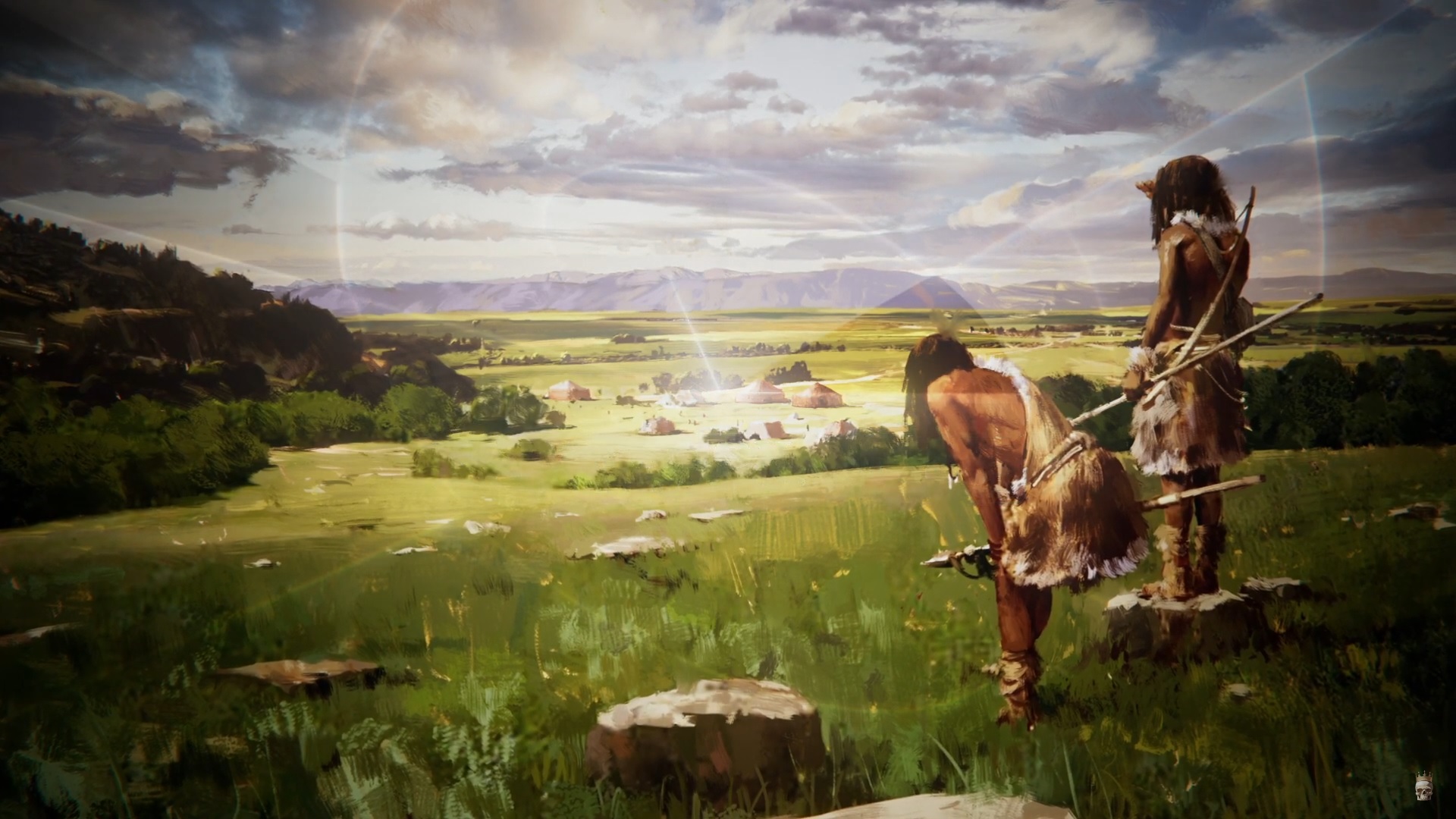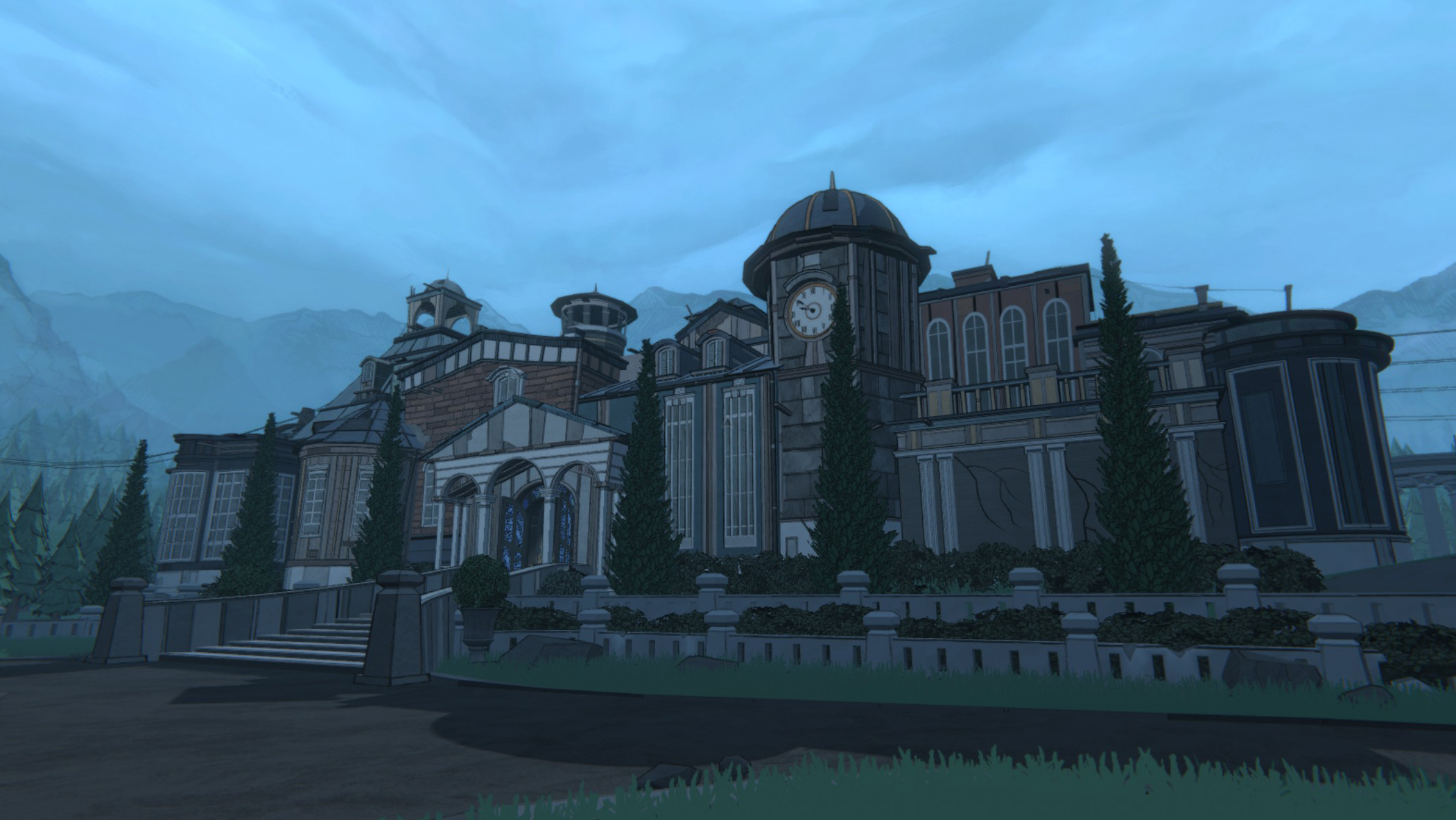History is littered with defeated Civilization-likes, from Humankind to Old World. Try as they might, no one’s knocked old Sid Meier off his perch just yet, even six games in and 27 years on. But that doesn’t mean devs will stop trying. Enter Millennia, a new 4X strategy game from C Prompt published by Paradox Interactive. After all, if any company is going to carve out a niche for itself in the Firaxis-dominated Civ space, it’s Paradox.
To be fair, I doubt C Prompt would say it has goals as lofty as comprehensively displacing Civ as the top dog of historical 4X games, but any attempt to enter this space is bound to draw comparisons with the king, especially with a game that feels as familiar as Millennia. In a hands-on demo at this year’s Gamescom, I got the impression that—although Millennia makes more than a few moves to distinguish itself from its most obvious competitor and influence—it still might maintain a bit too much of that incredibly recognisable formula to make a mark of its own.
Imperial ambitions
(Image credit: Paradox)
For big chunks of Millennia’s demo, I didn’t necessarily need the tutorial tips. On a micro level, plenty of what you’ll find works just like it does in Civ. You’ve got your cities, your settlers, your major competitors and the minor, single-city bit-players you’re competing for influence over. You’ll fend off barbarians and rush for space and resources in the early game, send scouts to explore the frontier, and set workers to improve the resource tiles that surround your cities. At least in the game’s early stages, this is a dance you already know well.
That’s not to say everything feels like Civ. Combat feels a bit more involved, with step-by-step breakdowns of battles cropping up after you conclude them so you can delve into the detail of how you won or lost your biggest fights. Plus, Millennia has done the smart thing and taken one of the best parts of its fellow Civ-like Old World: If you don’t like a move you just made, you can click the undo button to roll it back. That means you can see exactly how you lost a fight before rolling back a ways to try to rectify your mistake.
C Prompt told me that, since the devs know players are going to save scum their way around mistakes anyway, it made sense to just make it a part of the actual game. When I launched an ill-fated attack against a Roman city, I was able to roll it back as if nothing had happened. He who controls the past controls the future and all that.
New age movement
(Image credit: Paradox)
It’s on the macro level that Millennia’s unique ambitions and ideas come to the fore. In my demo, C Prompt set me up as early Japan. I had one city—Kyoto—which had been mismanaged to the point that it had become an open-air cesspit. Although its various other scores were in the green, sanitation was way low, leading to potentially dire consequences for public health and, in fact, the entire course of history.
Where other historical strategy games progress more-or-less linearly down a predetermined historical path, Millennia gets weird with it. You still progress from one age to the next, bringing about all sorts of cultural, technological and political developments—you’ll be able to adopt ideologies like communism or capitalism later in the game, and to accept or reject religion—but it’s not guaranteed which one you’ll be moving to. Because my only city was in the grip of a sustained public health crisis, it was looking incredibly likely that I was about to move into the “Age of Plague” rather than any of the other potential, much nicer sounding eras.
Its economic simulation sounds more robust than many of its peers, too. I spent most of my time with the game pummelling uselessly on the walls of the Roman Empire, so I didn’t get too deep into it, but C Prompt was keen to talk up the supply chains that would go into your production of worldly goods. Making books requires making paper requires felling trees, and figuring out where to focus your economic attention sounds like it will come with a fair bit of opportunity cost.
That’s the tension of a demo, I suppose. I think that if Millennia truly does something major and innovative to that Civ-like 4X formula we all know, it will play out in the long term, over the course of a bunch of broader, more macro-level decisions that eventually cohere into an experience that doesn’t feel so strikingly familiar. But based on what I’ve seen? I’m feeling more than a little deja vu.











